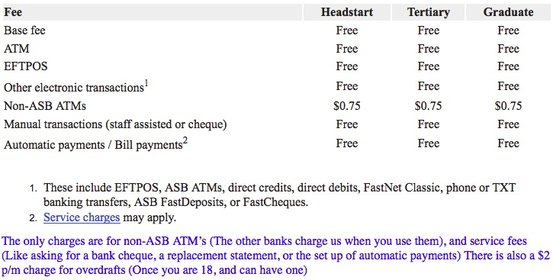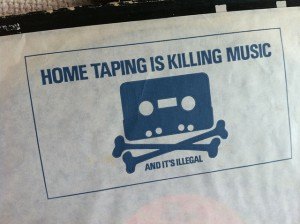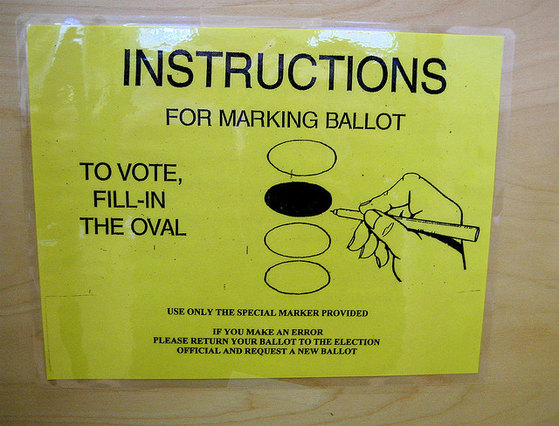Megaupload uploaded a $3 million+ viral video attempt in the form of a song, The Mega Song, to YouTube. Containing endorsements from many musicians that have contracts with Universal Music Group, they weren’t the happiest of campers.
Macy Gray sings in the video, which features will.i.am, P. Diddy, Kanye West, Kim Kardashian (who comes running whenever someone utters the word “endorsement”), Lil John, The Game, Floyd Mayweather, Chris Brown, Jamie Foxx, Serena Williams and Ciara on camera. (Side note: It’s accepted that Chris Brown can do endorsements now?)
Using YouTube’s content management system, which Universal has access to as copyright holders, they took the video down. They didn’t own any content in it. They just didn’t like it.
The lawsuit
Now Megaupload aren’t the happiest of campers, and are suing Universal, trying to prevent Universal from interfering with the video, which is now back up, after YouTube appears to have asked Universal as to why exactly they took it down.
The New Zealand connection (read: Universal don’t know what their own artists sound like)
Apart from Kim Schmitz/Kim Dotcom, Chief Innovation Officer at Megaupload having a house here in New Zealand where he also has permanent residency (which he celebrated by giving Auckland a $500,000 USD New Year fireworks display), Universal claimed that they took down the video because it contained content from one of their artists, Gin Wigmore.
Wigmore, of course, doesn’t appear in the video at all, in audio or visual form (but was approached to sing in it), so perhaps Universal have forgotten what their artists actually sound like, and mistook Macy Gray for her.
will.i.am
Two takedown notices were received, the second one from will.i.am (well, his lawyer), who appears in the video, saying “When I’ve got to send files across the globe, I use Megaupload”.
Ira Rothken, lawyer for Megaupload, says that written permission in the form of signed Appearance Consent and Release Agreements were provided by everyone in the video, including will.i.am. will.i.am’s signed form, which you can read here (pdf, will.i.am’s real name is William Adams), is pretty convincing.
The Hollywood Reporter has Ken Hertz, will.i.am’s lawyer, says that he “never consented to the ‘Megaupload Mega Song’”. Because he delivered that line to camera for another reason?
Dotcom says that will.i.am assured him that he “had not authorized the submission of any takedown notice on his behalf”.
Universal’s takedown rights “not limited to copyright infringement”
Universal claim that they can takedown the video under an agreement with YouTube–not the Digital Millennium Copyright Act. In a letter (pdf) to YouTube from Kelly Klaus, a Universal lawyer, says that “As you know, UMG’s [takedown] rights in this regard are not limited to copyright infringement, as set forth more completely in the March 31, 2009 Video License Agreement for UGC Video Service Providers, including without limitation in Paragraphs 1(b) and 1(g) thereof.”
In that case the DMCA’s rules and protections around takedown notices wouldn’t apply. If this is true, YouTube isn’t exactly open about it. They claimed that the video had been taken down by a copyright claim in the message displayed when people tried to watch it:

Rothken says “What they are basically arguing, they can go ahead and suppress any speech they want without any consequences. That’s not a workable paradigm”.
This is, perhaps, a huge tick in the column against the Stop Online Piracy Act, which is currently being debated.
Streisand effect, here we come.
Image credit: TorrentFreak










 Their reply to
Their reply to 
